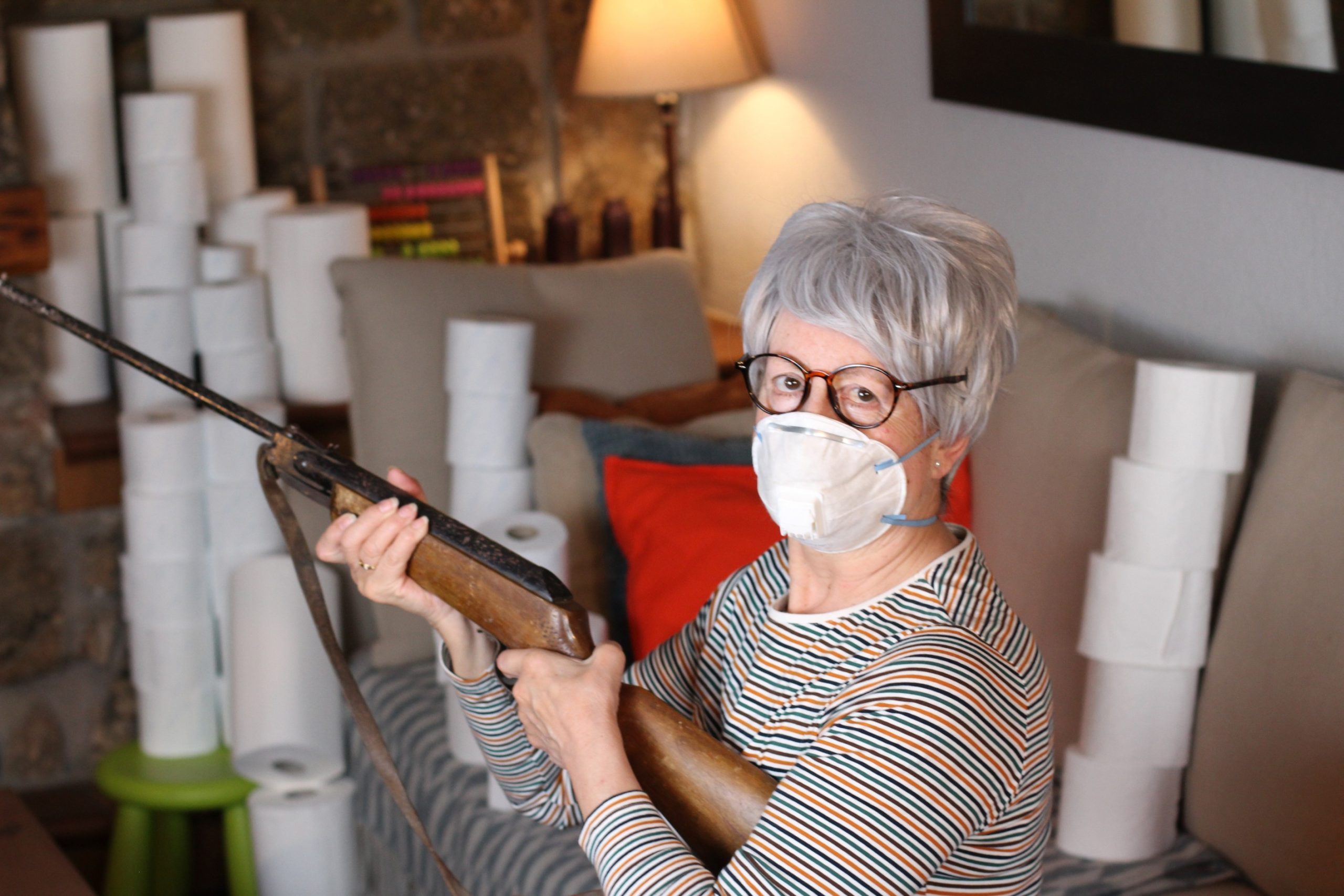Most people don’t become preppers or store food, water, and batteries for a few key reasons:
Normalcy Bias
-
-
- They assume life will continue as usual and that disasters or disruptions are unlikely to affect them personally.
- This bias makes it hard to imagine a future where basic services are unavailable.
-
Trust in Systems
-
-
- Many people trust that the government, utility companies, and grocery stores will always provide what’s needed.
- They expect that if something goes wrong, help will arrive quickly.
-
Limited Space or Budget
-
-
- Some don’t have room to store large quantities of supplies or feel they can’t afford to stock up.
- Prepping is often viewed as a luxury or only for those with extra resources.
-
Procrastination or Discomfort
-
-
- Preparing for disaster forces people to confront uncomfortable “what if” scenarios.
- It’s easy to put off prepping in favor of more immediate concerns.
-
Social Stigma
-
-
- “Preppers” are sometimes portrayed as paranoid or fringe.
- People may avoid prepping to not seem overly cautious or alarmist.
-
Lack of Awareness or Knowledge
-
-
- Many simply don’t know how fragile supply chains are or how quickly emergencies can escalate.
- They may not realize how little it takes to be better prepared.
-
If this does NOT sound like you, please give us a call to help you hide all of the provisions from all of those people who do not.




